Green Bubbles is a EU-funded project dedicated to sustainable recreational SCUBA diving. Recreational SCUBA diving has become a mass leisure activity engaging millions of divers worldwide. The diving industry generates large direct and indirect revenues for coastal communities and Marine Protected Areas (MPAs). Other benefits linked to diving include the promotion of ocean stewardship, contribution to scientific research, fostering social inclusion and personal development. Yet, diving has also negative impacts, due to damage or disturbance of habitats and organisms, and to conflicts with local communities for the access to/use of the same resources, equity issues, or cultural clashes. The central objective of Green Bubbles is to maximise the benefits associated with diving while minimising its negative impacts, thus achieving the environmental, economic and social sustainability of the system.
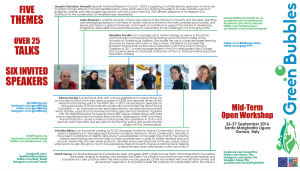
Poster of speakers for Green Bubbles Open Workshop
On 26-27 September, Green Bubbles had its first open workshop, in Santa Margherita Ligure, in Italy. Dr Lenia Marques, from the Department of Events and Leisure, was one
of the keynote speakers, bringing leisure and tourism integrated approaches into the discussion.
The workshop brought together many local and international stakeholders and it was a moment not only of discussion of different perspectives, but also of synergy creation.
It was a successful workshop and we look forward to seeing the developments of the rest of the project as
well as the future projects which started to emerge from this meeting.
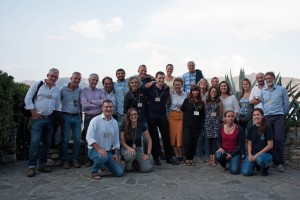
Green Bubbles workshop
Please check out the links and follow the project on social media:
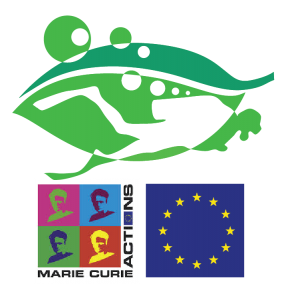
www.greenbubbles.eu
Official website: www.greenbubbles.eu
E-mail: join@greenbubbles.eu
Social media hashtags: #GreenBubblesRISE #GreenBubblesproject #sustainable #diving
For more information at BU, please contact Dr Lenia Marques, lmarques@bournemouth.ac.uk.
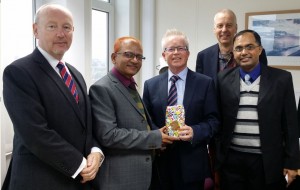
 MMIHS publishes its own journal the
MMIHS publishes its own journal the 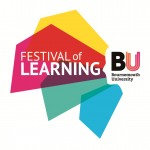 Don’t miss our drop-in sessions where we can offer you support in planning your event for Festival of Learning 2017.
Don’t miss our drop-in sessions where we can offer you support in planning your event for Festival of Learning 2017.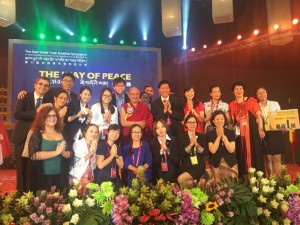 Alexandra Jarrett is a former BU student who is graduating this year from the BA (Hons) Sociology & Anthropology programme in HSS. Prior to taking up her MA studies at the highly prestigious School of Oriental and African Studies (SOAS), Alex was invited to the beautiful northern Thai city of Chiang Mai to present aspects of her final-year dissertation on Buddhist death rituals and beliefs.
Alexandra Jarrett is a former BU student who is graduating this year from the BA (Hons) Sociology & Anthropology programme in HSS. Prior to taking up her MA studies at the highly prestigious School of Oriental and African Studies (SOAS), Alex was invited to the beautiful northern Thai city of Chiang Mai to present aspects of her final-year dissertation on Buddhist death rituals and beliefs.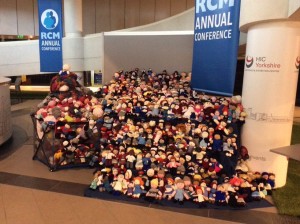

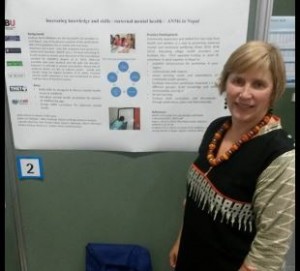
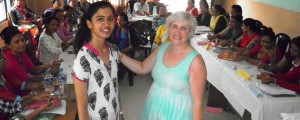
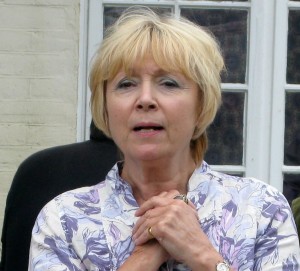
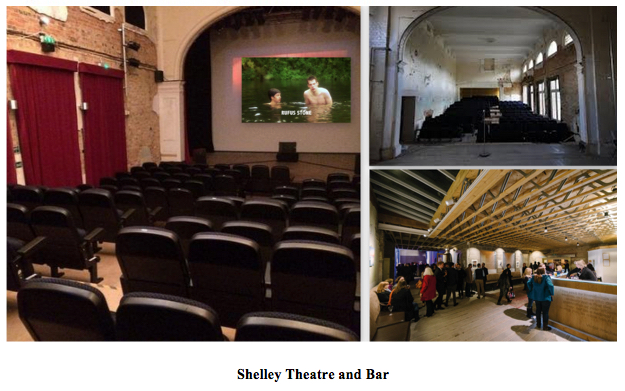




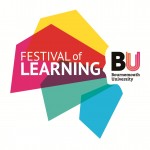 With the call for proposals now open for
With the call for proposals now open for 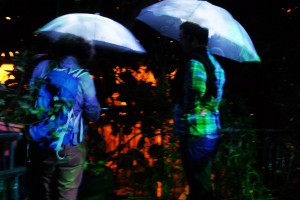











 FHSS academics teaching in Nepal
FHSS academics teaching in Nepal New weight change BU paper
New weight change BU paper One week to go! | The 16th Annual Postgraduate Research Conference
One week to go! | The 16th Annual Postgraduate Research Conference Geography and Environmental Studies academics – would you like to get more involved in preparing our next REF submission?
Geography and Environmental Studies academics – would you like to get more involved in preparing our next REF submission? Congratulations to three former BU staff
Congratulations to three former BU staff MSCA Staff Exchanges 2024 Call – internal deadline
MSCA Staff Exchanges 2024 Call – internal deadline Applications are now open for 2025 ESRC Postdoctoral Fellowships!
Applications are now open for 2025 ESRC Postdoctoral Fellowships! Horizon Europe – ERC CoG and MSCA SE webinars
Horizon Europe – ERC CoG and MSCA SE webinars MaGMap: Mass Grave Mapping
MaGMap: Mass Grave Mapping ERC grants – series of webinars
ERC grants – series of webinars